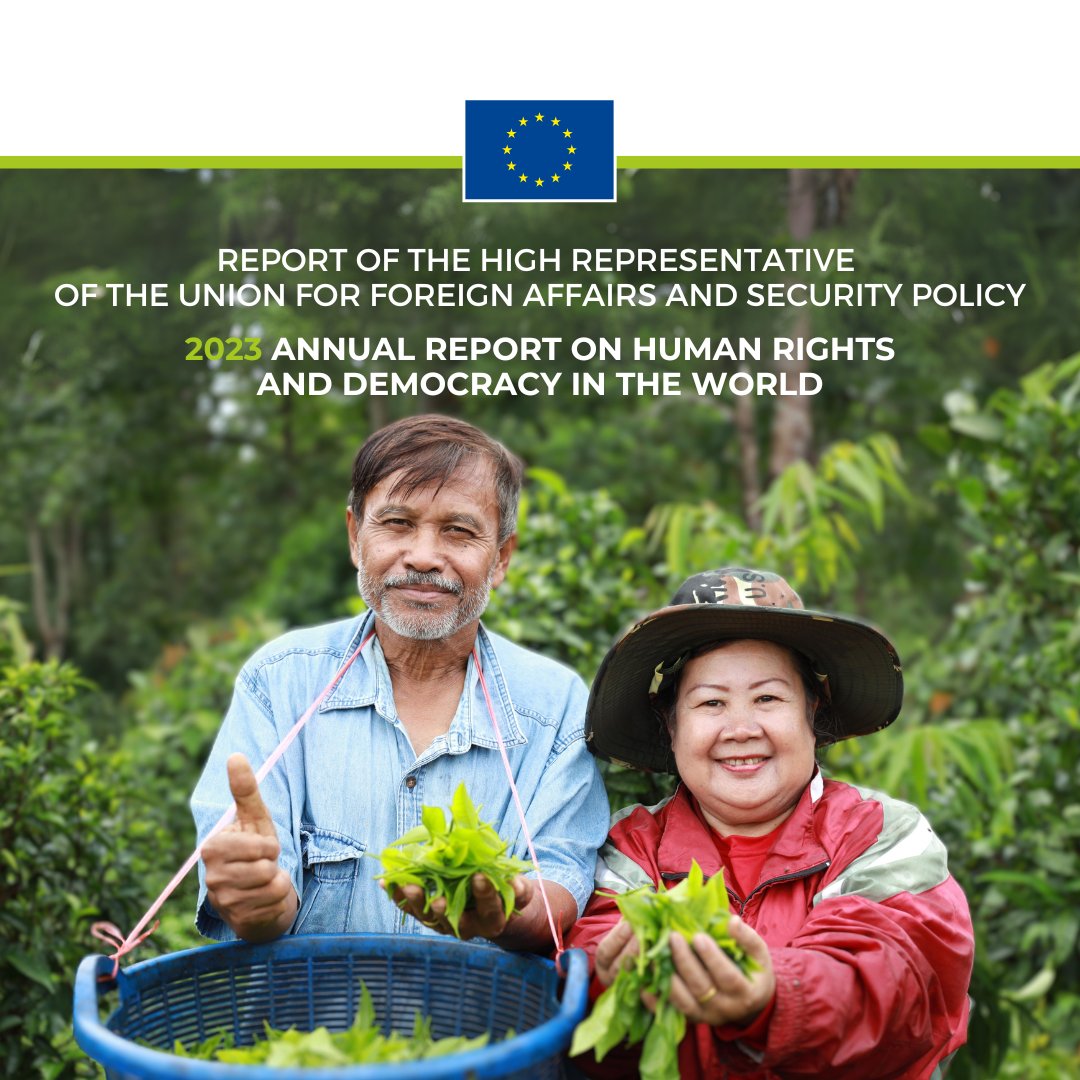News Desk
Islamabad, Pakistan:
According to a recent EU report, 2023 was a year of significant upheaval for democracy and human rights in Pakistan, marked by political turmoil, widespread protests, and persistent human rights challenges.
The human rights situation in Pakistan remains complex. Despite a constitutional framework that ostensibly protects fundamental rights, the implementation of these provisions is inconsistent. Human rights defenders and civil society activists continue to face significant challenges, including repression and discrimination against ethnic and religious minorities. The misuse of Pakistan’s stringent blasphemy laws persists, with at least two people lynched following blasphemy accusations. The Ahmadi community, in particular, faced increased persecution, including the desecration of their mosques and cemeteries.
A notable incident occurred on August 16, 2023, when mobs attacked a Christian community in Jaranwala. Although the incident was condemned by authorities and civil society, there were no convictions during the reporting period.
In response, Punjab established Messaq Centres to promote interfaith dialogue, but the National Commission for Minorities has yet to be re-established due to legislative gridlock.
Gender-based violence remains a severe issue. Data from the Human Rights Commission of Pakistan revealed that between January and November 2023, 951 women were murdered, 286 were victims of honor killings, and 17 transgender persons were killed. Additionally, at least 1,119 cases of sexual violence against women were reported. The landmark Transgender Person (Protection of Rights) Act 2018 continues to face challenges from conservative groups.
Pakistan is considered one of the world’s deadliest countries for journalists. In 2023, the government proposed controversial amendments to expand defamation laws, and there were several instances of internet and social media shutdowns, including a suspension of Wikipedia in February over “blasphemous content” and broader internet blackouts in May and December amid crackdowns on political activities of certain political parties.
Report also finds no progress on legislation to criminalize disappearances, 88 out of 2,316 registered cases of enforced disappearances in 2023 ended in extrajudicial killings, predominantly in Punjab and Khyber Pakhtunkhwa.
While a de facto moratorium on executions has been in place since 2019, 137 individuals were sentenced to death in 2023. The number of prisoners on death row rose to 6,039. However, a positive step was the amendment to the Control of Narcotics Substances Act, which eliminated the death penalty for all narcotics offenses, reducing the number of capital offenses to 31.
The European Union (EU) actively engaged with Pakistan on human rights issues, leveraging various platforms, including the EU-Pakistan Joint Commission. The EU addressed issues such as civil society space, freedom of expression, and minority rights. Financially, the EU supported projects aimed at enhancing human rights protections, gender equality, and the rule of law.
In 2023, Pakistan continued its membership in the Human Rights Council and participated in the Universal Periodic Review. Despite divergences in voting patterns with EU member states on human rights treaties, Pakistan’s approach was positively influenced by its obligations under the GSP+ regime.
As Pakistan moves into 2024, there is hope for tangible progress in strengthening democracy and safeguarding human rights across the nation.


